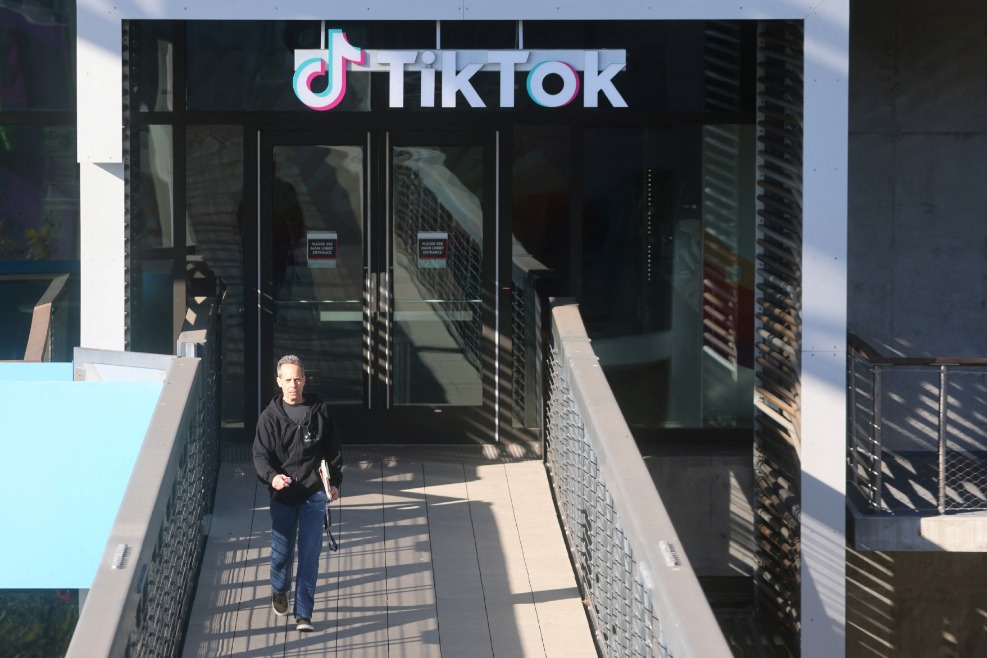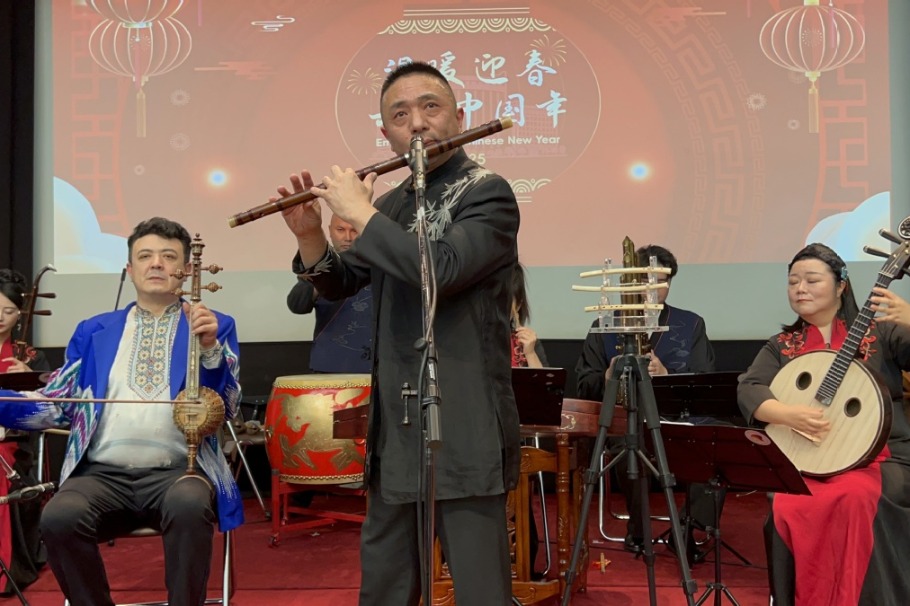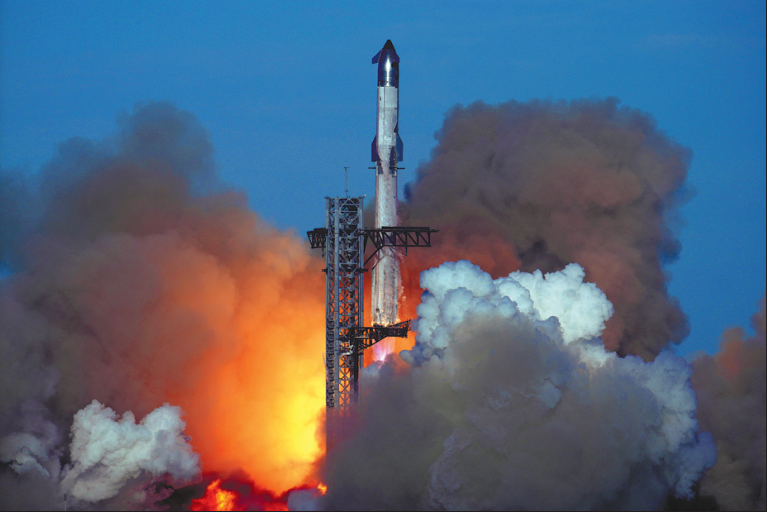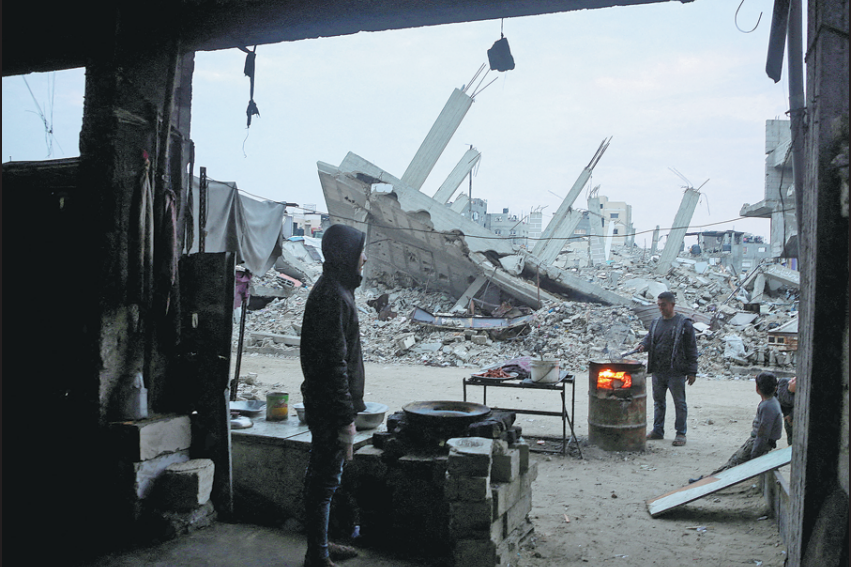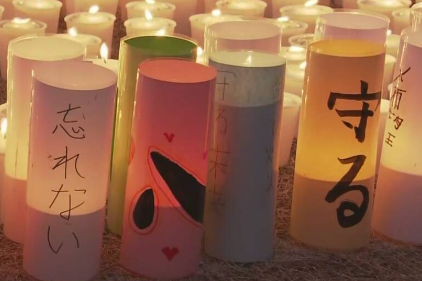Former US health official advises greater teamwork with China

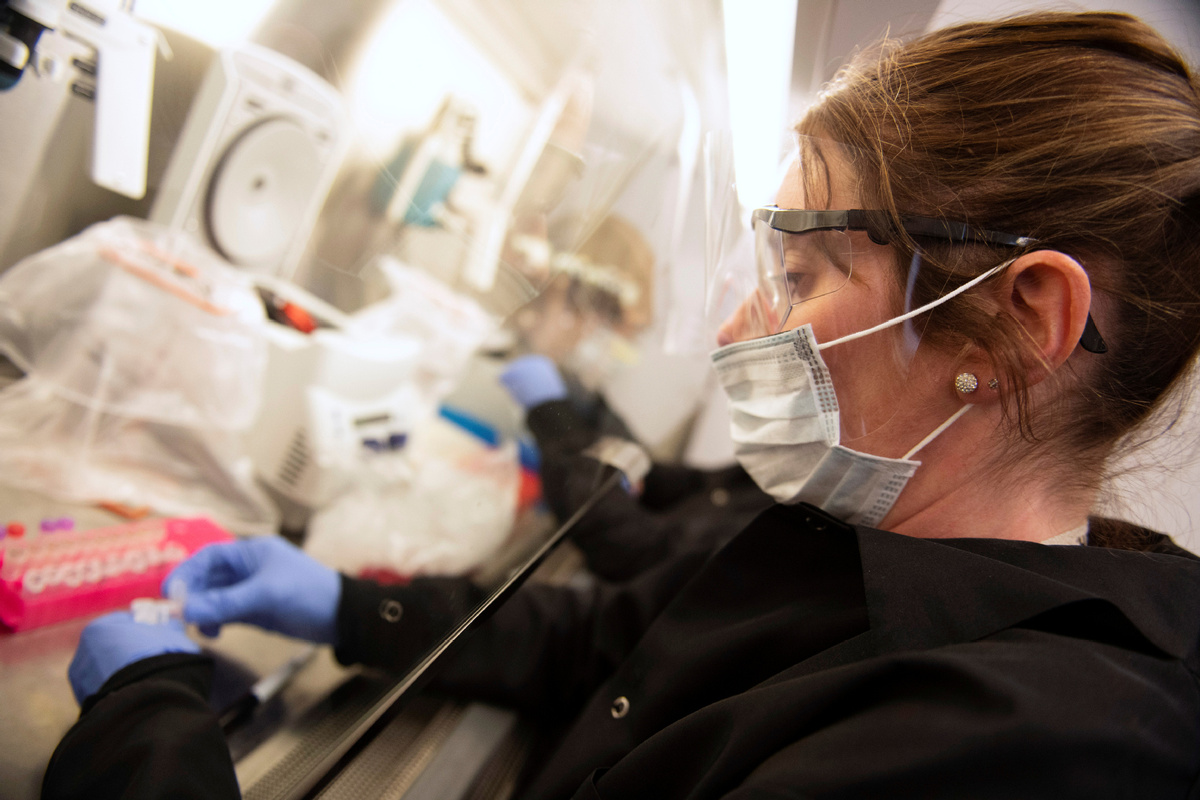
From early detection of community transmission to the best practices in combating COVID-19, China's experiences are applicable to disease control in the United States, and the two countries need to ramp up cooperation, a former health counselor at the US embassy in Beijing said Wednesday.
"I think the biggest lesson is that community spread can happen before you notice it," said Deborah Seligsohn, an environment, science, technology and health counselor at the American embassy in China from 2003 to 2007.
"We were testing far too narrowly when we should have considered the implications for the entire country," the Villanova University political science professor told China Daily in an email interview, as the number of the confirmed coronavirus cases in the US surged pass 213,000 — more than any other nation.
Seligsohn, who worked at the embassy when Beijing and Washington cooperated in the fight against SARS, said the US needs to examine the way Chinese provinces outside of Hubei, once the epicenter of the COVID-19 contagion, implemented controls to determine best practices.
An investigation of transmission-control measures during the first 50 days of the coronavirus epidemic in China since the shutdown of Wuhan, the capital of Hubei province, on Jan 23 found that suspending intracity public transport, closing entertainment venues and banning public gatherings were associated with a reduced number of cases.
The national emergency response appears to have delayed the growth and limited the size of the epidemic in China, averting hundreds of thousands of cases by Feb 19, according to a report on the investigation published by Science magazine on Tuesday.
"What exactly is the combination of social distancing, masks, temperature taking, contact tracing, hand washing, etc. that works best?" Seligsohn said of China's best practices.
There is a discussion in the US about encouraging mask use, Seligsohn noted, but no Chinese city used only masks — they did a lot of things.
On Wednesday, US senators Pat Toomey, a Pennsylvania Republican, and Michael Bennet, a Colorado Democrat, joined a growing call for Americans to don masks while out in public. US health officials said they were discussing whether to recommend that the general public wear masks.
Toomey tweeted, "#Masks4All is simple: when in public, wear a cotton t-shirt/bandanna over your mouth/nose to protect those around you from possible infection. Save N95 masks for (healthcare) providers. Glad to partner w/@SenatorBennet on this initiative".
Seligsohn said doctors around the world are already consulting with their Chinese colleagues on the best treatments for coronavirus patients.
"We need to do more of that," she said. "We need to increase our research cooperation on diagnostics, treatment, vaccines — the full range of tools to address this pandemic. We need to be working together."
A lot of such collaboration is happening on a scientist-to-scientist basis, she added, but the greatest benefits occur if there is national support.
Seligsohn said she was "deeply saddened by the level of vitriol" coming from some in both countries.
"I think there are a lot of scientists still working hard together to solve these problems, and I am impressed by the amount of scientific information on the virus coming from Chinese scientists that are now being studied by scientists all over the world," she said in the email.
She said the US Centers for Disease Control and Prevention and the Chinese Center for Disease Control and Prevention are both top epidemiological organizations, but without a constructive overall relationship, it is difficult for them to work together at the level they did before.
The US and China had a high level of cooperation in battling SARS, H5 and H1 influenza outbreaks as well as Ebola, Seligsohn noted. Such a collaboration, if maintained, would have allowed brilliant scientists in both organizations to put their heads together, which might have helped with China's initial response to the mysterious novel coronavirus.
Asked if public health exchange forums, like the US-China Health Summit held in 2017, should be resumed, Seligsohn said it is urgent to restart high-level engagement.
"We need leaders to agree on a robust program of global disease detection," she said. "We know China has many more trained epidemiologists and resources than it did before SARS, so this should be a different relationship. It should be one where we work together in many places to detect future disease outbreaks."
















